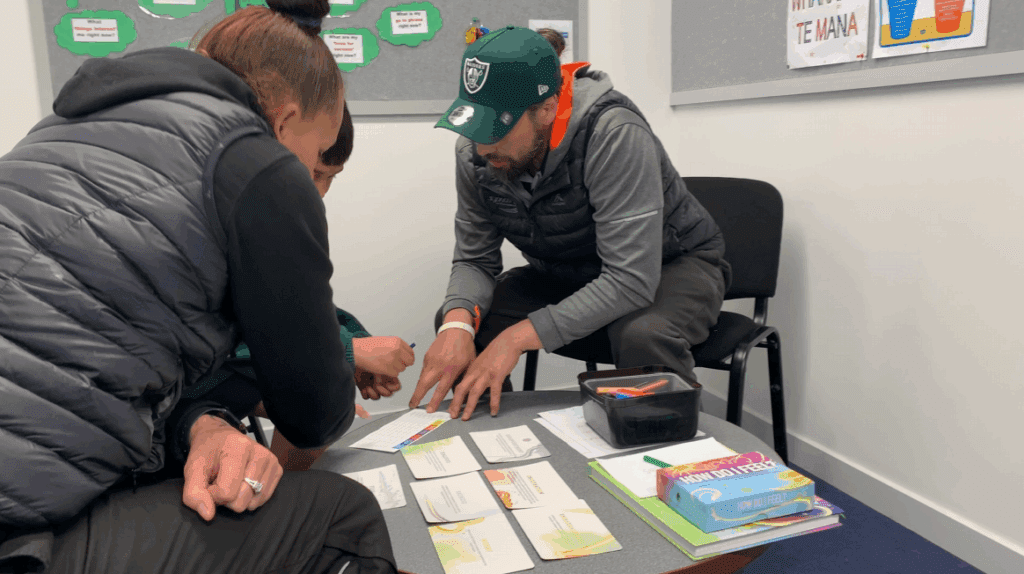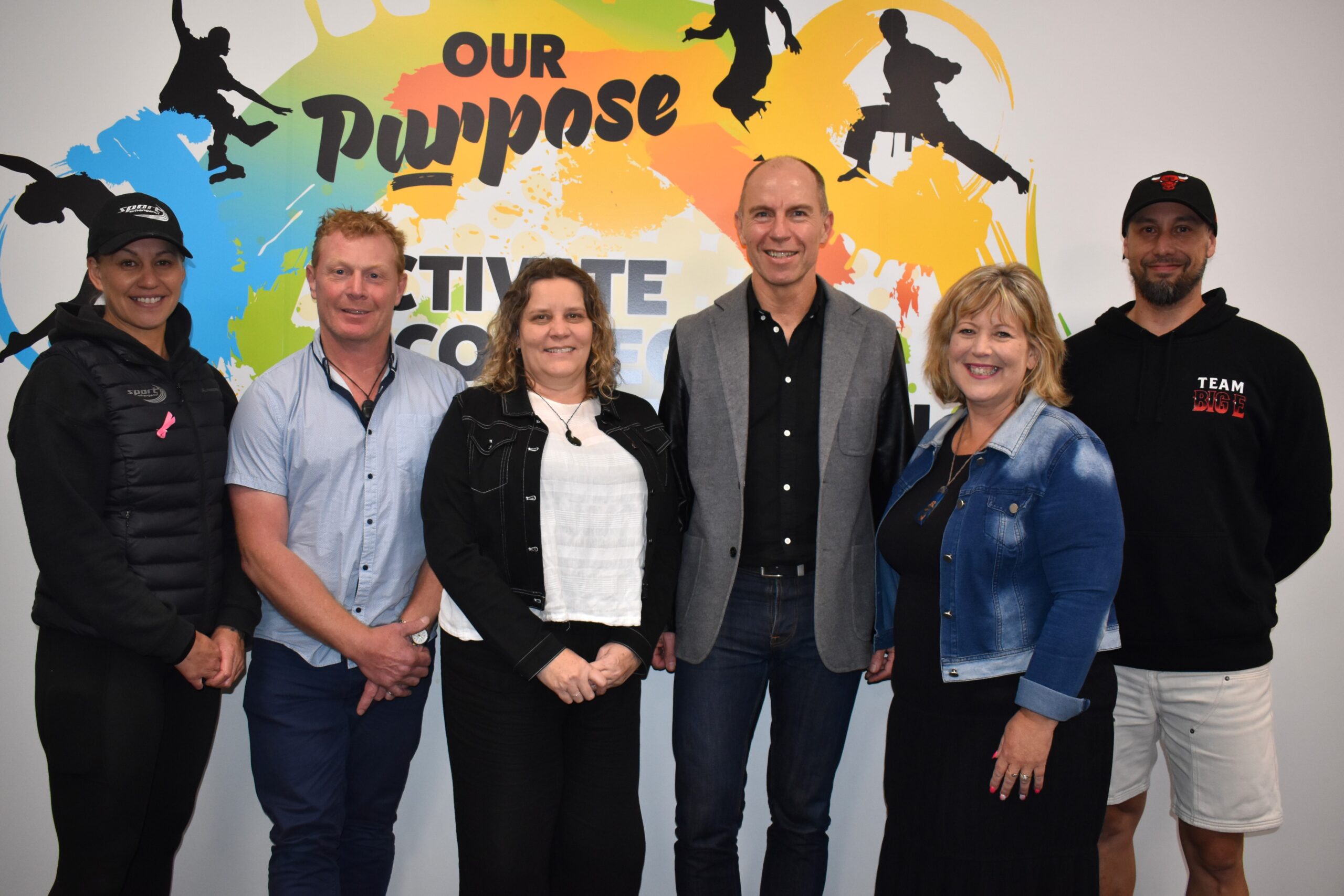Managers:
A local initiative using sport and physical activity to improve student engagement is now calling for long-term support to ensure its sustainability.
He Ara Hauora, developed collaboratively by five local primary school principals and delivered by Sport Whanganui, was created in response to growing concerns around student wellbeing and engagement in the wake of the COVID-19 pandemic. Initially funded by the Ministry of Education, the initiative supports up to 20 tamariki across the five participating schools: St Mary’s, Carlton, Aranui, Gonville, and Whanganui East.
Now well-established, the programme continues to show consistently positive outcomes, with whānau and principals reporting increased classroom engagement and stronger school-community connections.
“He Ara Hauora works because it is mana-enhancing”
Gary Johnston, Principal, Carlton School
“These tamariki have the potential to be leaders, and using a strengths-based approach helps to develop that potential both in and out of the classroom,” says Gary.
Sport Whanganui chief executive Tania King describes the programme as using sport and physical activity as a vehicle for connection with tamariki.
“We know from our work in schools that physical activity can successfully reengage young people in a non-threatening and inclusive manner. Sport is a key tool and central to the team’s approach, providing a structured, positive outlet,” says Tania.
The programme is led by two Sport Whanganui kaitakawaenga/mentors, Tuera Pirikahu and Justin Gush. Their approach is grounded in Te Ao Māori and focuses on developing emotional awareness, resilience, and leadership potential.
“We are learning alongside the tamariki, often there are things going on that take time to understand, like anxiety or other stressors. Sometimes it might be about recognising when there might be anxiety around certain situations or interactions, which can escalate their responses,” says Tuera.

“We work closely with tamariki as individuals and in small groups to develop emotional awareness and self-regulation skills; including Aka (a traditional Māori movement art), deep breathing, and mindfulness which helps them manage their feelings in the moment.”
Since the pilot was launched in 2023, the programme has ceased to be funded by Ministry of Education and the team relies on external funding sources from Tū Manawa, Whanganui Community Foundation and the individual schools. However, current capacity limits its reach, and demand across schools remains high.
“The model works – and there’s scope to grow,” says Gary. “With more investment, this could become a core support system across more schools. The goal is to be sustainable long-term.”
The team recently met with Whanganui District Council Mayor, Andrew Tripe who voiced his support.
“He Ara Hauora is a powerful example of how our local schools, families and whānau, and community organisations can come together with a shared vision to support the wellbeing of our young people. This programme goes beyond just attendance – it represents a culturally grounded, holistic approach to re-engaging our young people in education and life.
“I am committed to advocating for and standing alongside the He Ara Hauora programme for the long term, ensuring it continues to receive the recognition and backing it deserves in our community.”
As the need for student wellbeing support continues to rise, Sport Whanganui is now seeking opportunities to secure funding and partnerships to help grow the programme.
“This initiative reflects the strength of locally led, culturally informed solutions,” says Tania. “We are actively exploring pathways to ensure the programme’s future.”
Sport Whanganui acknowledges the commitment and collaboration of the schools, teachers, and whānau who have contributed to the programme’s success to date.
Main photo (L-R): Kaitakawaenga Tuera Pirikahu, Carlton School principal Gary Johnston, Gonville School principal Sarita Payne, Mayor Andrew Tripe, Aranui Primary School principal Maryann Roberts, Kaitakawaenga Justin Gush.

